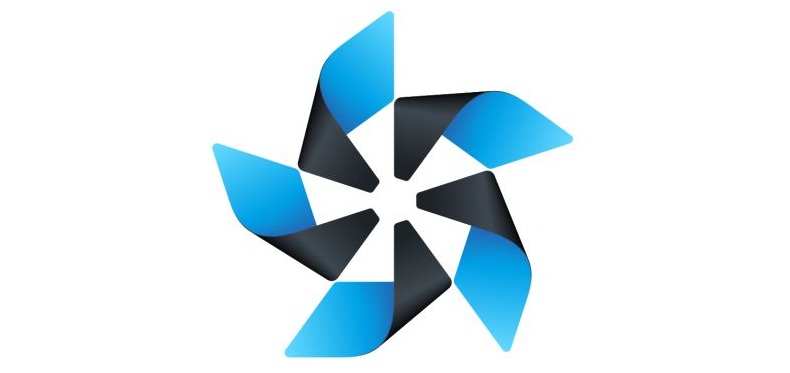

Fifteen operators, manufacturers and developers have joined the Tizen Association ahead of the expected launch of the first smartphone running the fledgling operating system later this month at the Mobile World Congress (MWC) in Barcelona.
The new members, which include Baidu, Softbank, Sprint and ZTE, can now participate in Tizen Association meeting and contribute to working groups.
“We are gaining support from all segments of the connected device ecosystem, as more organizations realize the opportunity in providing smart phones and connected devices globally from the high-end to the low-end of the market,” says Ryoichi Sugimura, a Tizen Association board member representing Japanese operator NTT DoCoMo.
Samsung, along with Intel, is Tizen’s most active backer and is expected to reveal at least one Tizen handset at MWC, possibly the Samsung ZEQ9000, purported images of which leaked on a Korean website last week.
Despite such high profile support, speculation about the future of the operating system’s development has persisted. Samsung had wanted to launch a Tizen smartphone before the end of last year, but this never happened, while NTT DoCoMo had to delay a planned launch in March, believing that it was not growing at a sufficient rate to support another platform besides Android and iOS.
However the Linux Foundation, which looks after the project’s code, told TechWeek last year that Tizen was “alive and well.”
The platform is just one of a number of open source operating systems hoping to offer an alternative to the likes of iOS, Android and Windows Phone, with Firefox OS, Sailfish OS and Ubuntu Mobile all in various stages of development.
Analysts believe that Tizen has the best chance out of the four platforms to make an impact on the global market, partly due to its expected popularity in Asia which is teh result of it being supported by Samsung, Huawei and Fujitsu among others.
How much do you know about Linux? Take our quiz!
All Cybertrucks manufactured between November 2023 and February 2025 recalled over trim that can fall…
As Musk guts US federal agencies, SEC issues summons over Elon's failure to disclose ownership…
Moonshot project Taara spun out of Google, uses lasers and not satellites to provide internet…
Pebble creator launches two new PebbleOS-based smartwatches with 30-day battery life, e-ink screens after OS…
Amazon loses appeal in Luxembourg's administrative court over 746m euro GDPR fine related to use…
Nvidia, xAI to participate in project backed by BlackRock, Microsoft to invest $100bn in AI…